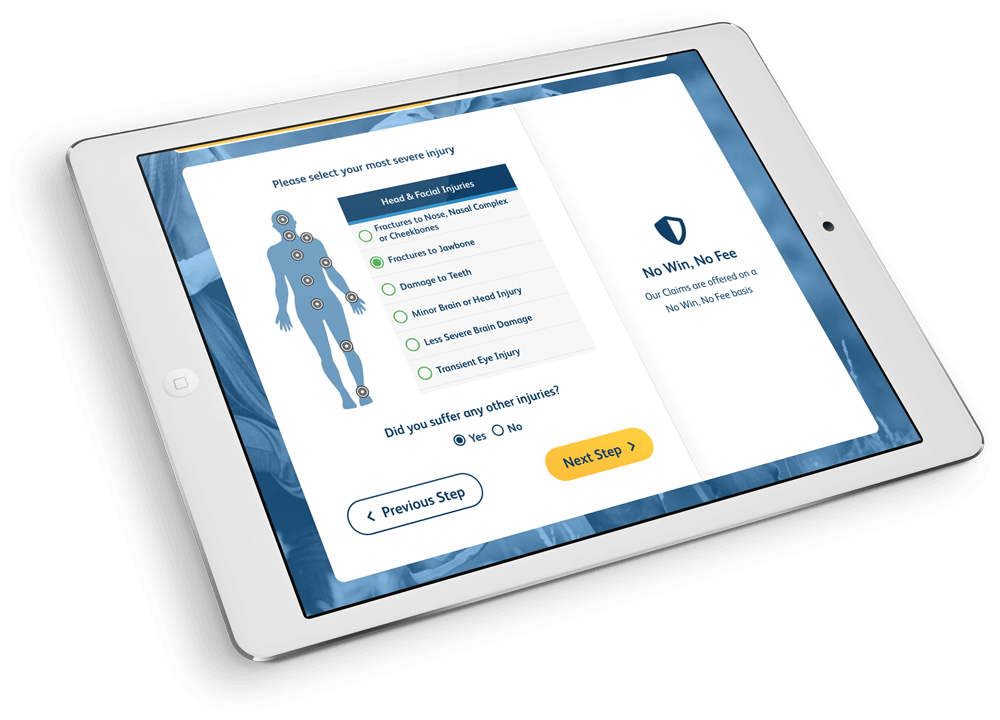What is the true cost of Covid-19 for cancer patients?
The Government needs to do more to support cancer patients as the UK heads towards a major cancer crisis.
BBC Panorama has unveiled shocking figures showing the devastating impact the Coronavirus pandemic has had on cancer patients. Now is the time for the Government to take urgent action to ensure the NHS has what it needs to catch up with the enormous backlog of work created as a direct result of the pandemic.
Since the start of lockdown, there has been major disruption for cancer patients at every level. Vital surgeries and treatments have been cancelled; life-saving drug trials have been put on hold; routine screenings have been delayed; and more and more people are ignoring worrying symptoms due to fears of attending GP surgeries or A&E departments.
Early diagnosis is vital in the fight against cancer. The earlier it is detected, the significantly higher the chance of survival. As Sara Hiom, Director of Information at Cancer Research UK, outlined in BBC Panorama, detecting bowel cancer at stage 1 has a 90% survival rate. If it is not detected until stage 4, the survival rate tragically reduces to 10%. This highlights just how vital it is for early diagnosis and treatment. In many cases, it really is a matter of life or death.
HOW HAS CORONAVIRUS IMPACTED CANCER DIAGNOSIS?
Following Government guidance in March, an estimated two million screenings were delayed. This will have resulted in thousands of cancer patients missing the opportunity to be diagnosed as early as possible.
Guidelines put in place to avoid overwhelming the NHS and fears of being exposed to the virus have also meant those who would have previously sought medical help for symptoms have avoided GP surgeries and A&E departments.
At the peak of the pandemic, the number of cancer referrals went down by two-thirds, and attendance at A&E departments, which usually spot 1 in 10 cancers, were half of what they were the year before. The stats unveiled by BBC Panorama show that although figures are increasing, they are still far off pre-Covid levels.
In some of the most worrying cases, those who did attend A&E found resources were stretched and, despite voicing their concerns, they were faced with long waits for potentially life-saving scans.
One such patient was Sherwin Hall who began seeking help in March and attended A&E 13 times. His pain, however, was misdiagnosed repeatedly and he had to wait months for a scan due to the suspension of many NHS services. He believes that if doctors had found his cancer earlier, it would have made a big difference to his prognosis. The scan revealed that Mr Hall had a tumour measuring 14cm in his pelvis and 30 small tumours in his lungs. He believes these developed during the time he could not get a scan.
We are starting to see a growing numbers of cases like Mr Hall’s emerging, in which patients are at risk from life-threatening illnesses because they missed out on diagnostic tests or surgery while hospitals were concentrating on treating Covid-19 patients.
HOW HAS CORONAVIRUS IMPACTED EXISTING CANCER PATIENTS?
In March, the UK Government made widespread reforms on how NHS staff and facilities were to be deployed based on its predictions that there would be an unprecedented demand for ICU facilities. These included nearly half of all current clinical cancer trials being put on hold and life-saving treatments, such as chemotherapy and radiotherapy, halted for thousands of patients across the country.
Fortunately, the Government’s initial predictions were over-estimated, and many of the emergency Nightingale hospitals constructed were never used.
In many cases however, the reforms have had devastating consequences for cancer patients. One young mother, Kelly Smith, tragically died after her chemotherapy was delayed at the beginning of lockdown. She had been living with the disease for three and half years and reported to BBC Panorama about how angry she felt that her treatment, which she believed had been working, was put on hold.
Government guidelines also stated radiotherapy should be delayed and avoided in some circumstances, which clinical oncologist Prof Pat Price highlighted was a “very high risk strategy.” It meant there were radiotherapy machines in some hospitals “lying idle which could have saved lives.”
A further major concern is the number of private hospitals not being utilised to their full capacity. At the height of the pandemic, there were vacant beds and empty diagnostic suites which could have provided life-saving diagnostics and treatment for thousands of patients. The use of these facilities is increasing, but the failure to utilise these private hospitals earlier may have had devastating and far reaching consequences.
WHAT NEXT?
In a worst case scenario, scientists have warned that continuing delays could result in up to 35,000 additional cancer deaths within a year.
There are now growing demands to know how NHS services will be able to cope with, and catch up with, the enormous backlog of diagnostics, and cancer patients rightly want answers about why their treatments or trials were stopped and when they will be resumed. NHS England has said it is working hard to restore services and expects to get back to where it needs to be by the end of the year.
In the meantime, the Government needs to provide urgent support to non Covid-19 patients or risk avoidable harm to thousands. AvMA Chief Executive Peter Walsh recently warned that “many NHS hospitals are running at 60% capacity or less, with Nightingale hospitals standing empty and the private sector capacity unused.” Now is the time to ensure this capacity is being utilised to the full to help control what could turn into a major UK cancer crisis.







